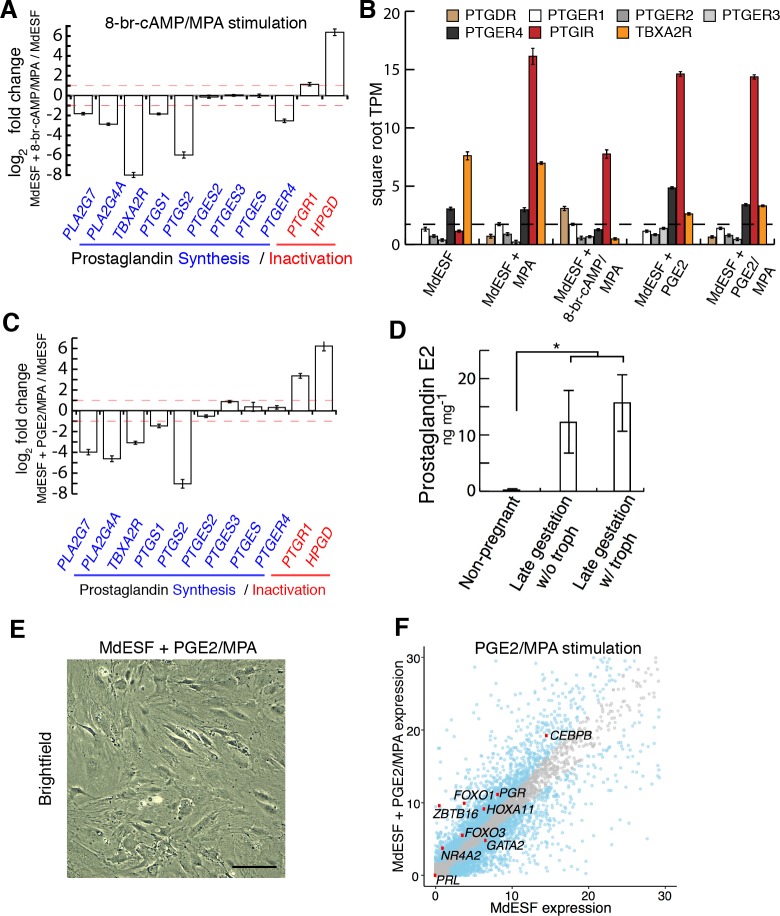Fig 3. Transcriptomic and morphological response of MdESF to MPA and PGE2.
(A) Transcriptional response of KEGG pathway genes associated with prostaglandin signaling in MdESF treated with decidualizing stimuli for 2 days relative to unstimulated control (n = 3, log2 fold change shown). Red dashed line represents 2-fold change. (B) Expression of orthologous receptors in MdESF for prostaglandin signaling pathways in unstimulated MdESF or stimulated for 2 days with MPA alone, 8-br-cAMP/MPA, PGE2 alone, or PGE2/MPA. Average square root TPM of three replicates is shown. Error bars show standard error of the mean. (C) Transcriptional response of prostaglandin synthesis and inactivation genes in MdESF treated for 2 days with PGE2/MPA. Fold change relative to unstimulated control is shown (n = 3, log2 fold change shown). Red dashed line represents 2-fold change. (D) Increased PGE2 (in ng per mg total protein) in pregnant (late gestation, 13.5 days) versus nonpregnant M. domestica females (n = 2 females per sample) as measured by ELISA (*, two-tailed t test on log transformed data, p = 0.014). (E) MdESF treated for 2 days with PGE2/MPA do not exhibit the dendritic phenotype. Scale bars are 10 μm. (F) Transcriptional response of core regulatory genes involved in eutherian decidualization in MdESF treated with PGE2/MPA for 2 days. Blue dots represent significant differential expression relative to unstimulated MdESF (n = 3, p < 10−6). Grey dots represent no significant change in expression. Each point represents the mean of three replicates. Underlying data are provided in S1 Data (Fig 3A–3D) and S2 Data (Fig 3F). KEGG, Kyoto Encyclopedia of Genes and Genomes; MPA, medroxyprogesterone acetate; PGE2, prostaglandin E2; TPM, transcripts per million.

